Hypertension is a systemic chronic disease characterized by sustained elevation of blood pressure. Long term hypertension can easily lead to complications of disability in important organs such as the heart, brain, and kidneys, and in severe cases, even endanger life.
The blood pressure of normal individuals fluctuates to a certain extent under different physiological conditions. According to the definition in the "Chinese Hypertension Prevention and Treatment Guidelines" compiled by the Hypertension Alliance in 1999. if the systolic blood pressure exceeds 18.7 kPa or the diastolic blood pressure is equal to or exceeds 12 kPa, it is considered hypertension. Hypertension is the second leading cause of human death today. Like coronary heart disease, the treatment of hypertension is also comprehensive, and dietary regulation is an important aspect of treatment.
Main symptoms
In addition to elevated blood pressure, it can also be accompanied by symptoms such as headache, blurred vision, palpitations, insomnia, light footsteps, lack of concentration, and easy fatigue. Late stage hypertension can be accompanied by diseases such as angina, renal dysfunction, and stroke. This disease is more common in middle-aged and elderly people.
Disease causes
The etiology of hypertension is not yet fully understood, but it may be related to long-term mental stress, lack of physical activity, genetic factors, obesity, and excessive salt intake. It is generally believed that advanced central nervous system dysfunction plays a dominant role in the pathogenesis process; In addition, factors such as body fluids, endocrine system, and kidneys are also involved in the pathogenesis process.
Excessive sodium intake: Frequent excessive consumption of foods with high sodium content can cause water retention in the body and promote a relative increase in blood volume. The accumulation of sodium in the body can also cause a decrease in arterial diameter, leading to increased resistance of the heart to inject blood into blood vessels, thereby causing high blood pressure.
The relationship between other elements and hypertension: Chlorine, potassium, calcium, magnesium, and cadmium all have an impact on blood pressure. The effect of chlorine is similar to that of sodium, it is another component of salt and should be consumed less. Adequate intake of potassium, calcium, and magnesium is significant in reducing blood pressure, while on the contrary, it can increase blood pressure. Excessive intake of cadmium can also increase blood pressure.
Fat and hypertension: Excessive intake of animal fat or viscera can increase blood pressure, while unsaturated fats present in plant-based foods can lower blood pressure.
High fiber diet and hypertension: Consuming a large amount of high fiber diet can lower blood pressure, while on the contrary, it can increase hypertension. This is because food fiber can promote cholesterol metabolism, inhibit cholesterol absorption, and thus benefit the reduction of blood pressure.
Alcohol, coffee, cigarettes, and high blood pressure: These three substances can all lead to an increase in blood pressure, which is also a common reason for high blood pressure patients among those who drink, smoke, and drink coffee.
Dietary regulation
Control heat:
Reduce weight and maintain an ideal standard weight. To control weight, attention should be paid to calorie intake, which can be determined based on labor intensity. It is recommended to provide 25-30 kilocalories or less per kilogram of body weight.
Fat limit:
Reducing the extraction of animal fat and consuming foods rich in cholesterol, such as egg yolks, fatty meat, animal organs, caviar, and hairtail (cholesterol less than 300 milligrams/day, fat accounts for less than 30% of total calories, saturated fatty acids account for less than 10% of total calories), is of great positive significance for the prevention and treatment of hypertension. You should consume more unsaturated fats and eat fresh fruits and vegetables regularly.
Intake of potassium, calcium, and magnesium:
Low potassium, low calcium, and low magnesium are also factors contributing to hypertension. Analysis and research have shown that fresh food has high potassium content, while artificial food generally has low potassium content. Therefore, it is recommended to eat more fresh vegetables and fruits, and less salt pickled products. If calcium is added to a high sodium diet or more foods containing calcium are consumed, blood pressure will be lowered. Eating more magnesium containing foods such as nuts, soybeans, peas, grains, seafood, dark green vegetables, and milk can also lower blood pressure.
To prevent an increase in insulin secretion:
Prevent overeating, reduce carbohydrate intake, and avoid excessive hunger to prevent increased insulin secretion and hypertension caused by eating.
Diet should be light:
A light diet is beneficial for lowering blood pressure. Foods that are beneficial for self-healing include beans, carrots, celery, seaweed, seaweed, winter melon, luffa, white fungus, edible mushrooms, peanuts, sunflower seeds, sesame, walnuts, bananas, grapefruit, apples, etc. Eat less high-fat and high cholesterol foods, such as egg yolks, cream, pig liver, pig brain, etc.
Quitting smoking and limiting alcohol consumption:
Research has shown that nicotine can rapidly increase arterial blood pressure. The incidence rate of malignant hypertension and subarachnoid hemorrhage in smokers is high, the risk of coronary heart disease and sudden death in smokers can be more than doubled, and smoking can also reduce the efficacy of some antihypertensive drugs. Frequent drinking and exceeding a certain concentration of alcohol in the body can lead to an increase in blood pressure, so it is recommended to quit smoking and limit alcohol consumption (maximum daily alcohol consumption should not exceed 50 milliliters).
Salt free diet:
Research by foreign medical institutions suggests that the intake of sodium in people's daily food is sufficient to maintain the body's need for sodium. Salt should only be used as a seasoning, and the average daily salt intake of Chinese people is 6-25 grams, which may be one of the reasons why there are more hypertensive patients in China. However, reducing salt intake alone is not enough, and salt should be completely removed from the diet. Carefully read the food packaging instructions to avoid foods containing "salt", "soda", "sodium", or those with the "na" logo. For people without hypertension, salt intake should be limited to 5 grams or less, which is relatively safe.
Daily food intake and dietary examples:
Grains (rice, flour, millet, corn, mung beans) 200-250 grams; 150-200 grams of meat (lean pork, beef, fish, shrimp), eggs, and soy products; 500 grams of vegetables; 250-500 grams of fruit; 200 grams of milk; 2 tablespoons of vegetable oil; Salt 3-4 grams, total: protein 56-70 grams, fat 50-58 grams, carbohydrates 230-267 grams, total calories 1594-1870 kcal.
Edible food
1. There are lipid-lowering foods, such as celery, black fungus, yam, onions, garlic, oats, etc
2. Foods rich in potassium, such as vegetables, fruits, potatoes, mushrooms, etc
3. Foods rich in calcium, vitamins, and trace elements, such as fresh vegetables, fruits, lean meat, etc
4. Foods rich in high-quality protein, low fat, and low cholesterol, such as skimmed milk powder, fish, beans, and their products.
5. Consume high fiber foods and supplement with a large amount of fiber. It is recommended to consume more grains such as brown rice, buckwheat, millet, and oats, but when supplementing with fiber, it should be taken separately from other supplements and medications.
6. Eat more fruits and vegetables, such as apples, asparagus, bananas, cabbage, eggplant, cantaloupe, garlic, grapefruit, green vegetables, melons, raisins, and sweet potatoes.
7. Drink fresh fruit juice and vegetable juice, such as beet juice, celery juice, carrot juice, blackcurrant juice, citrus juice, and watermelon juice.
Taboo Food
Try to consume as little animal fat as possible, such as pork, beef, chicken liver, broth, marinated beef, dairy products, sausages, grilled meat, and processed meat, all of which should be avoided.
Avoid stimulating substances such as alcohol, coffee, and cigarettes.
Fasting on long-term stored cheese, meat, fish, avocados, chocolate, fava beans, pickled herring, sherry, wine, yogurt, etc.
When taking monoamine oxidase inhibitors, it is advisable to avoid using high levels of tyrosine and its precursor tyrosine, as the combination of the two can lead to hypertension and stroke. Foods containing high levels of tyramine include almonds, bananas, avocados, beef, chicken liver, beer, cheese (including homemade cheese), chocolate, coffee, herring, fava beans, pickled products, peanuts, pineapples, raisins, pumpkin seeds, sausages, sesame seeds, yogurt, wine, soybean sauce oil, yeast extract (including beer yeast), yogurt, etc.
High protein foods that have been stored, pickled, fermented, or processed for a long time should be avoided from consumption.
Avoid long-term and excessive consumption of foods with high cholesterol content. Long term intake of high cholesterol foods can cause an increase in blood lipids, which in turn leads to a decrease in arterial elasticity and an increase in diastolic blood pressure.
Dietary therapy methods
1. 250g tomatoes, clean and cut into pieces, 100g beef, cut into thin slices, add appropriate amounts of oil, salt, sauce, and sugar.
2. Take an appropriate amount of quail eggs, boil and peel them, marinate with soy sauce, salt, and cooking wine for 40 minutes, remove and drain the water, then fry in a hot oil pan until slightly yellow; Take an appropriate amount of black fungus with water, wash it, and stir fry in a hot pot for 5 minutes. Add the fried quail eggs, water, salt, cooking wine, and celery. Cook until the celery is cooked, then add MSG and serve.
3. 5 grams of tremella, 1 egg, 60 grams of rock sugar, some lard, made of Broth of white fungus. Suitable for Yin deficiency type hypertension.
4. Take 3 grams of chrysanthemum, 15 grams of hawthorn slices, and 15 grams of cassia seeds, put them into a thermos, brew with boiling water, cover and simmer for half an hour, then drink.
5. Carrots in moderation, washed and juiced, 100ml each time, twice a day, for 30 days as a course of treatment.
6. 120g fresh water bamboo shoots, 60g dry celery, decoct with water, take 1 dose daily.
7. Add an appropriate amount of lettuce and vermicelli, season with refined salt, monosodium glutamate, rice vinegar, ginger powder, etc., mix well before consumption.
Other dietary therapies
Liver Yang Uprising Syndrome:
Symptoms: Dizziness, tinnitus, headache, irritability, flushed face, insomnia and dreaminess, dry mouth, red tongue, yellow coating, and stringy pulse.
[Treatment]: Calm the liver and suppress yang, nourish yin and extinguish wind.
[Dietary Therapy]: Chrysanthemum Hawthorn Mulberry Branch Jueming Drink:
Ingredients: 100g chrysanthemum, 15g raw hawthorn, 15g cassia seeds, 10g mulberry branches, appropriate amount of sugar.
Method: Boil the four herbs together, remove the residue and extract the juice, add brown sugar, and substitute for tea.
Function: Shugan Huoxue Huayu, dispelling liver wind. Chrysanthemum, cassia seeds, mulberry branches clear the liver and clear the eyes, lower blood pressure, hawthorn promotes blood circulation, dispels blood stasis, and lowers blood lipids. Cassia seeds can also moisturize and facilitate bowel movements, making them suitable for those with yin deficiency, yang deficiency, and constipation.
Kidney essence deficiency syndrome:
Symptoms: Dizziness and tinnitus, mental fatigue, soreness and weakness in the waist and knees, or accompanied by nocturnal emission, slippery diarrhea, hair loss, and easy loss of teeth. The tongue is pale and tender, and the veins are deep and thin.
[Treatment]: Tonify the kidney and fill the essence.
[Dietary Therapy]: Marrow Tonifying Honey Cream:
Ingredients: Cow bone marrow (or pig bone marrow), 200g raw yam, honey each, 30g Cordyceps sinensis, and 30g purple river car powder each.
Method: Mix all the herbs together and put them into a porcelain jar. Then put the jar into a pot and simmer in water for 30 minutes. Take 2-3 tablespoons per serving, twice a day.
Function: Benefiting blood and tonifying kidneys, filling essence and marrow. Among them, beef bone marrow, purple river car powder filled with lean marrow, essence and blood combined with Cordyceps sinensis, nourishing the lungs and kidneys, yam nourishing the kidneys and strengthening the spleen, honey moisturizing and detoxifying, and blending various herbs. Suitable for patients with anemia, decreased swing cells, and dizziness.
Qi and blood deficiency syndrome:
【 Symptoms 】: Dizziness and fatigue, lack of energy and lazy speech, aggravated by movement, pale and dull complexion, palpitations and insomnia, reduced abdominal distension, pale tongue texture, plump and tender tongue with tooth marks, thin and white coating, weak and weak pulse.
[Treatment]: Benefiting Qi and nourishing blood, strengthening spleen and promoting appetite.
1) : Congee with Ginseng, Jujube and Coix Seed
Ingredients: 5g raw ginseng, 10 Chinese dates, 30g Job's tears, 50g stem rice
Method: After washing all the ingredients, add some water to stew them into Congee, which is practical on an empty stomach.
Function: Benefiting Qi and nourishing blood, strengthening spleen and neutralizing. Ginseng is sweet and smooth, greatly tonifying qi and blood, jujube is sweet and warm, tonifying the spleen and stomach, nourishing qi and blood, Job's tears, stem rice, strengthening the spleen and stomach. It is effective for malnutrition, dizziness caused by qi and blood deficiency, and palpitations.
2) : Experience Recipe (Shuangyang Jujube Coix Congee)
【 Ingredients 】: 100g sour yangtao root, 50g sour yangtao parasitic, 15 jujube, 30g stem rice, 30g Job's tears, an appropriate amount of chicken breast meat, and an appropriate amount of rock sugar.
[Method]: Wash and slice the sour carambola root and the sour carambola parasite, boil them together, remove the dregs and take the juice, wash the jujube, job's seed and stem rice respectively, use them in the medicine juice, dice the chicken breast meat, use them in the medicine juice, and cook Congee together, such as some rock sugar, and eat it on an empty stomach.
【 Effect 】: Clear the liver, disperse wind, nourish blood, strengthen the spleen and harmonize the middle. Sour Yangtao Root, Sour Yangtao Parasitic, Clear Liver, Relieve Wind, Lower Blood Pressure; Jujube, chicken breast meat is sweet and warm, nourishes the spleen and stomach, nourishes qi and nourishes blood; Coix seed, stem rice, invigorates the spleen and stomach. It is effective for malnutrition, dizziness caused by qi and blood deficiency, and palpitations.




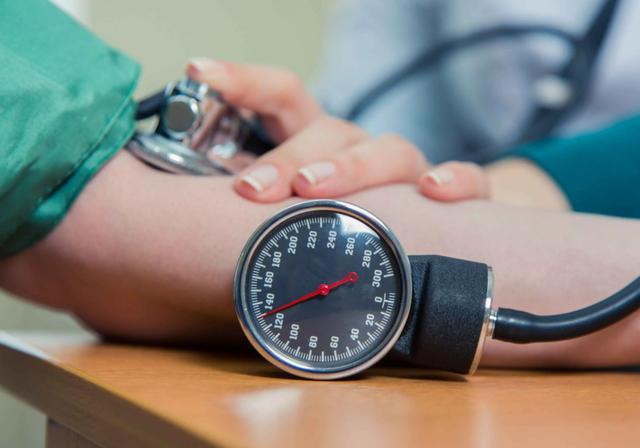

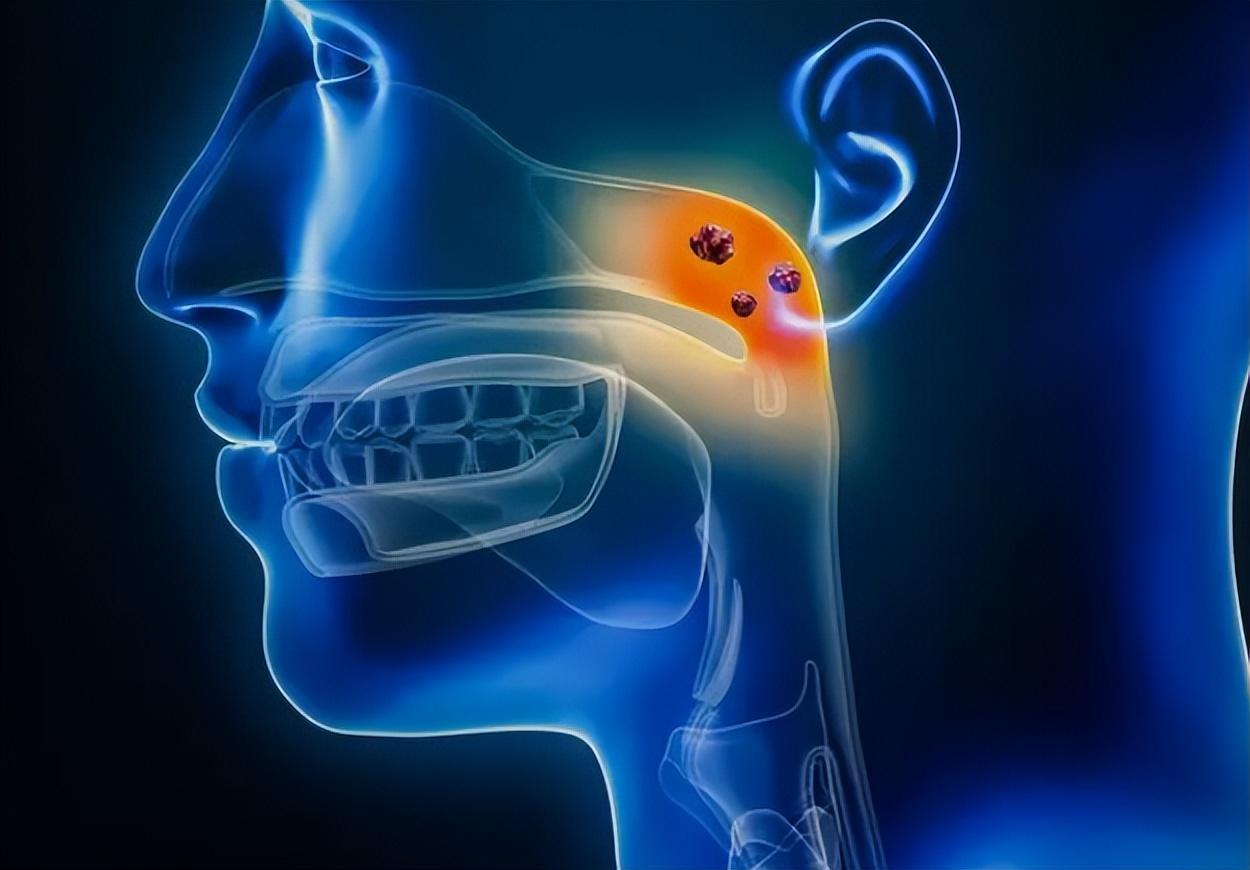

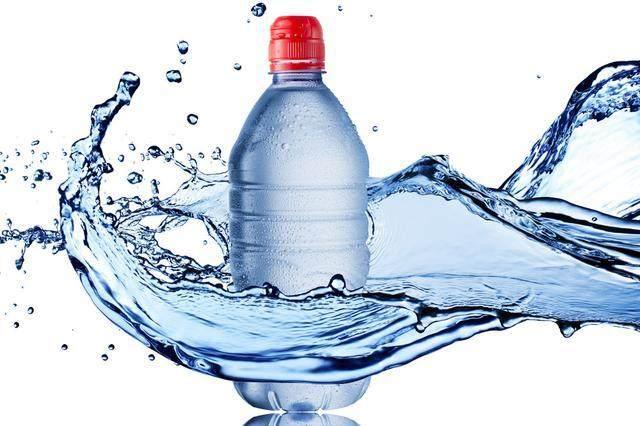
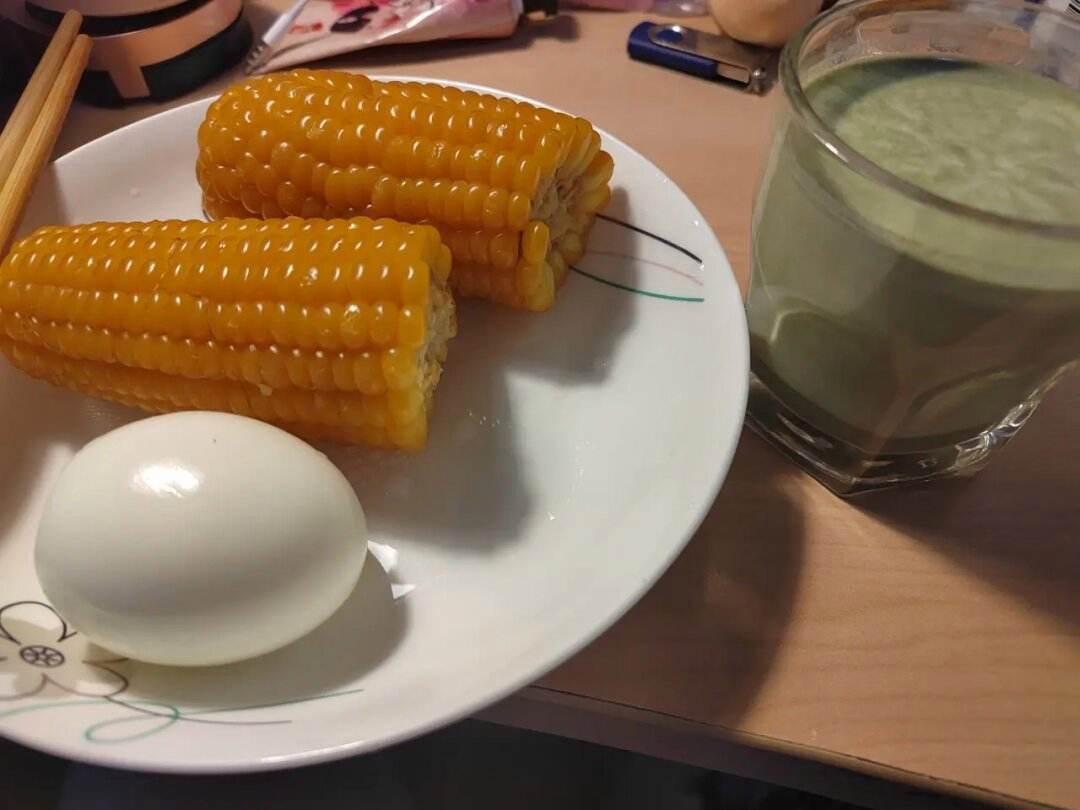

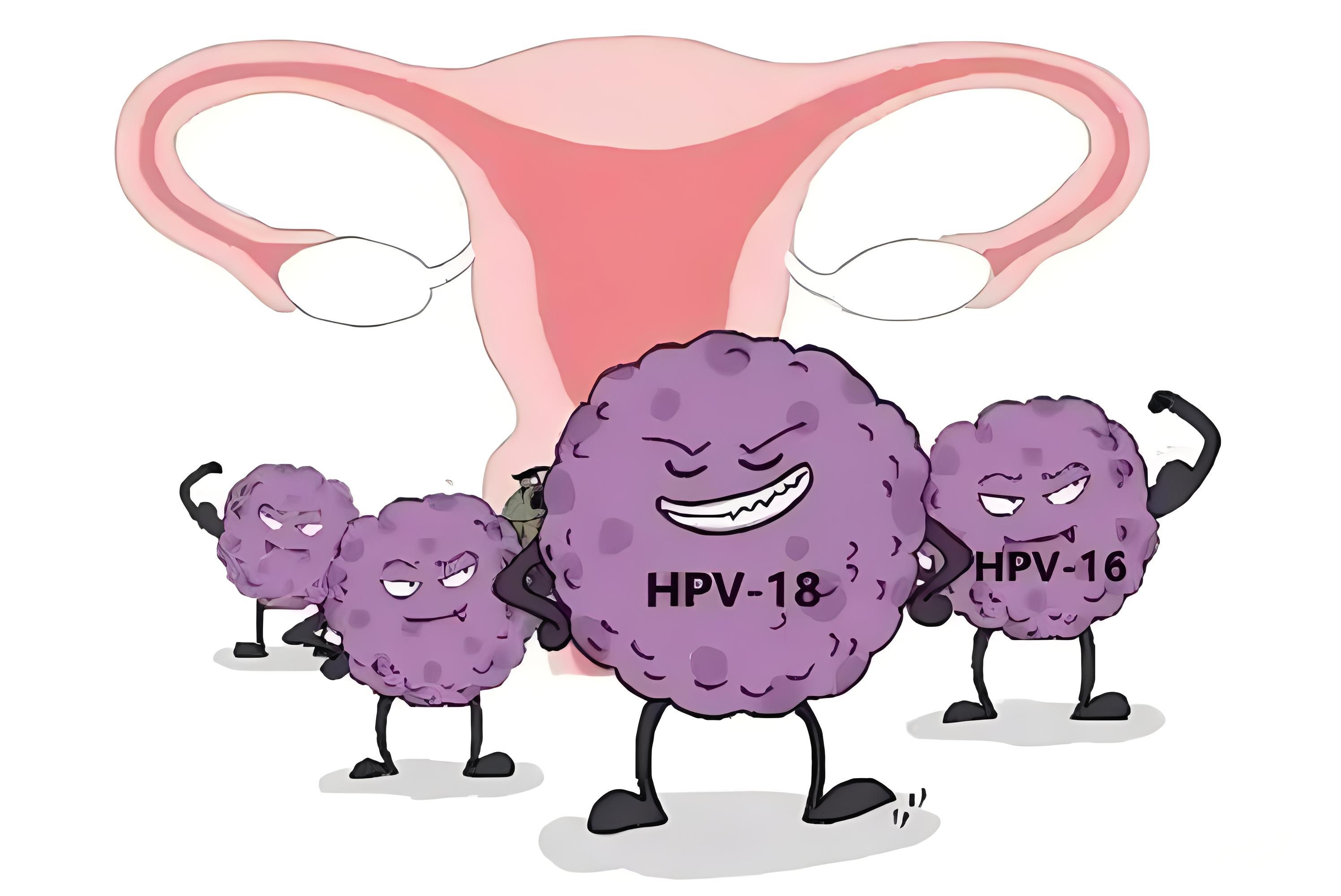
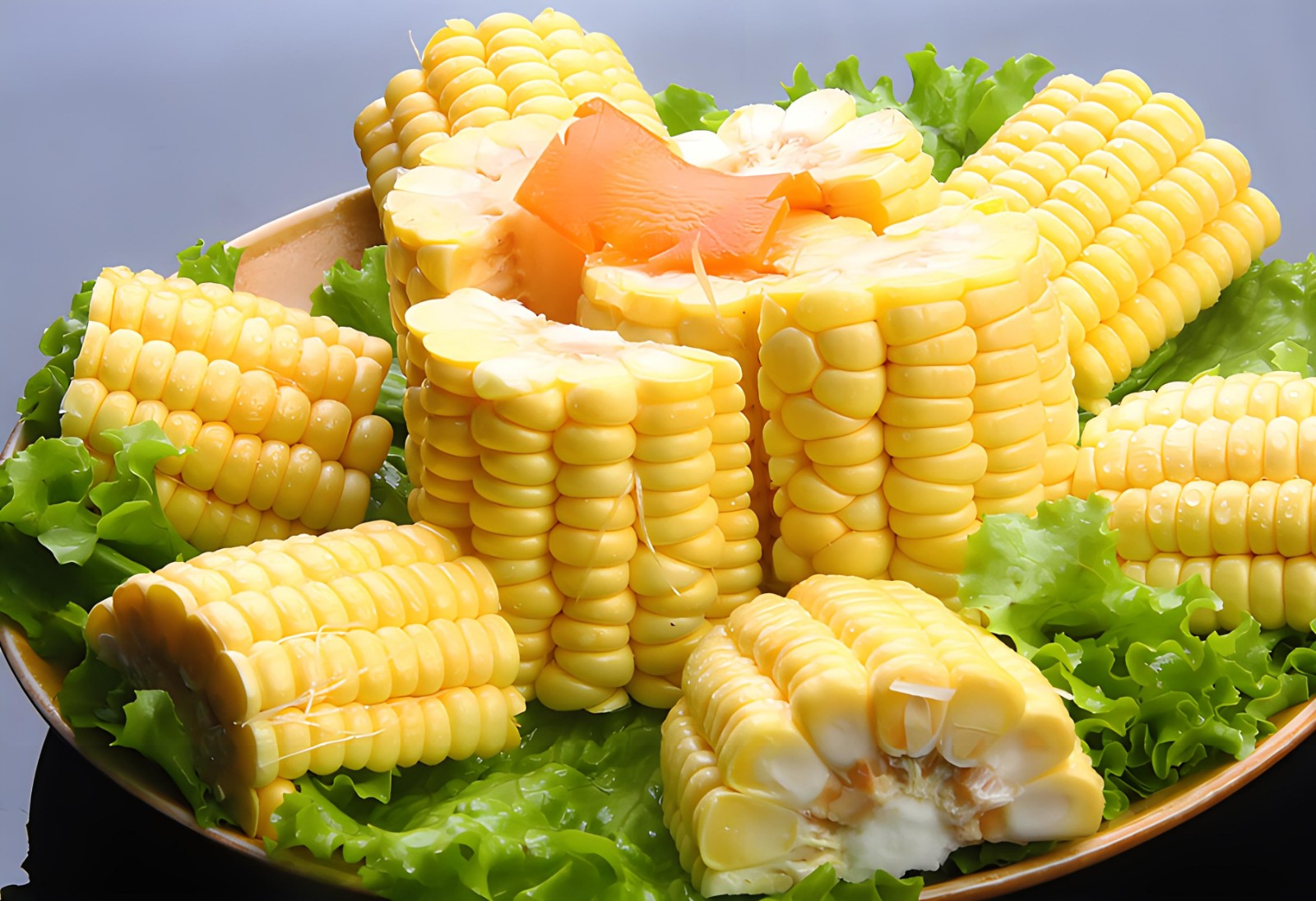
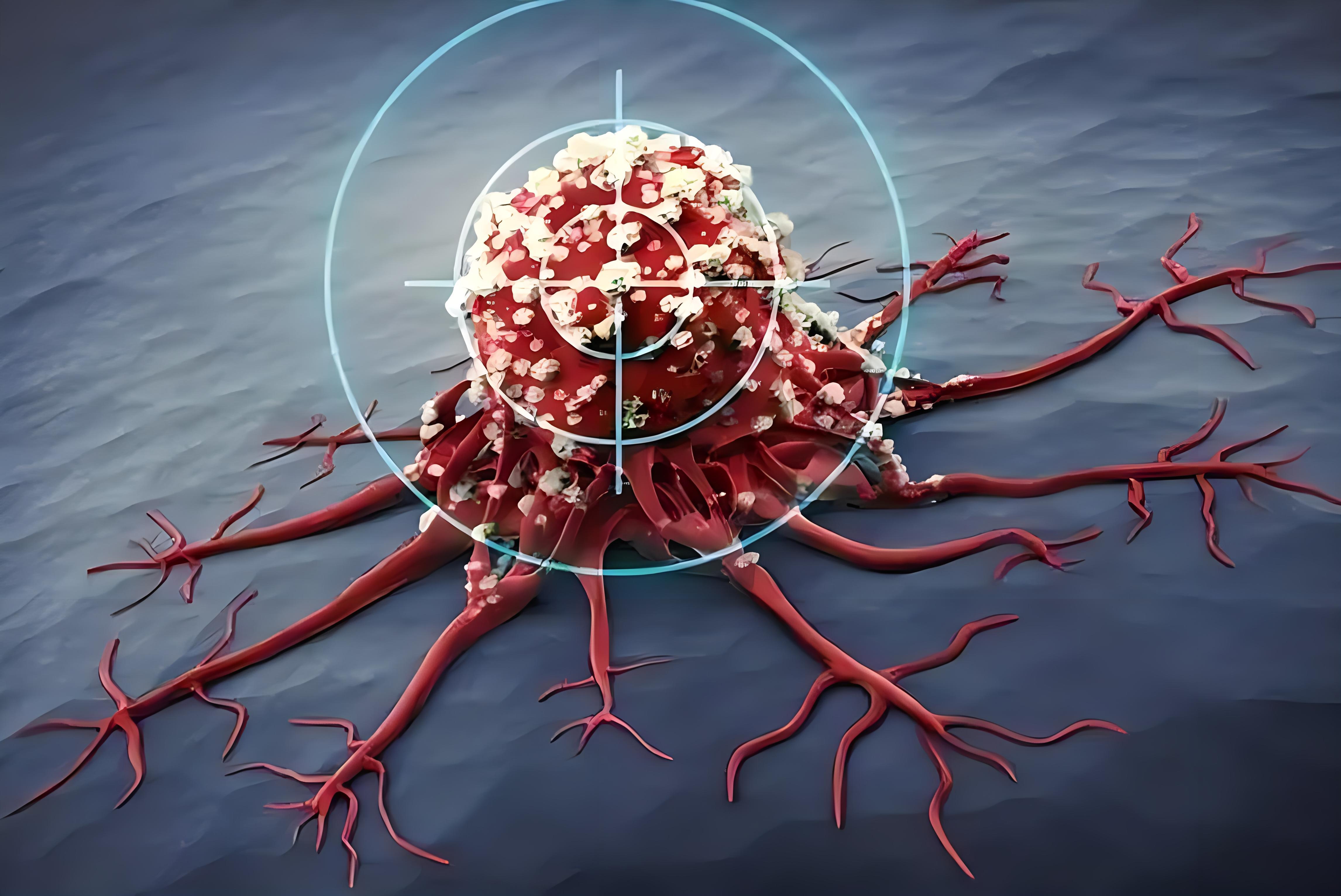
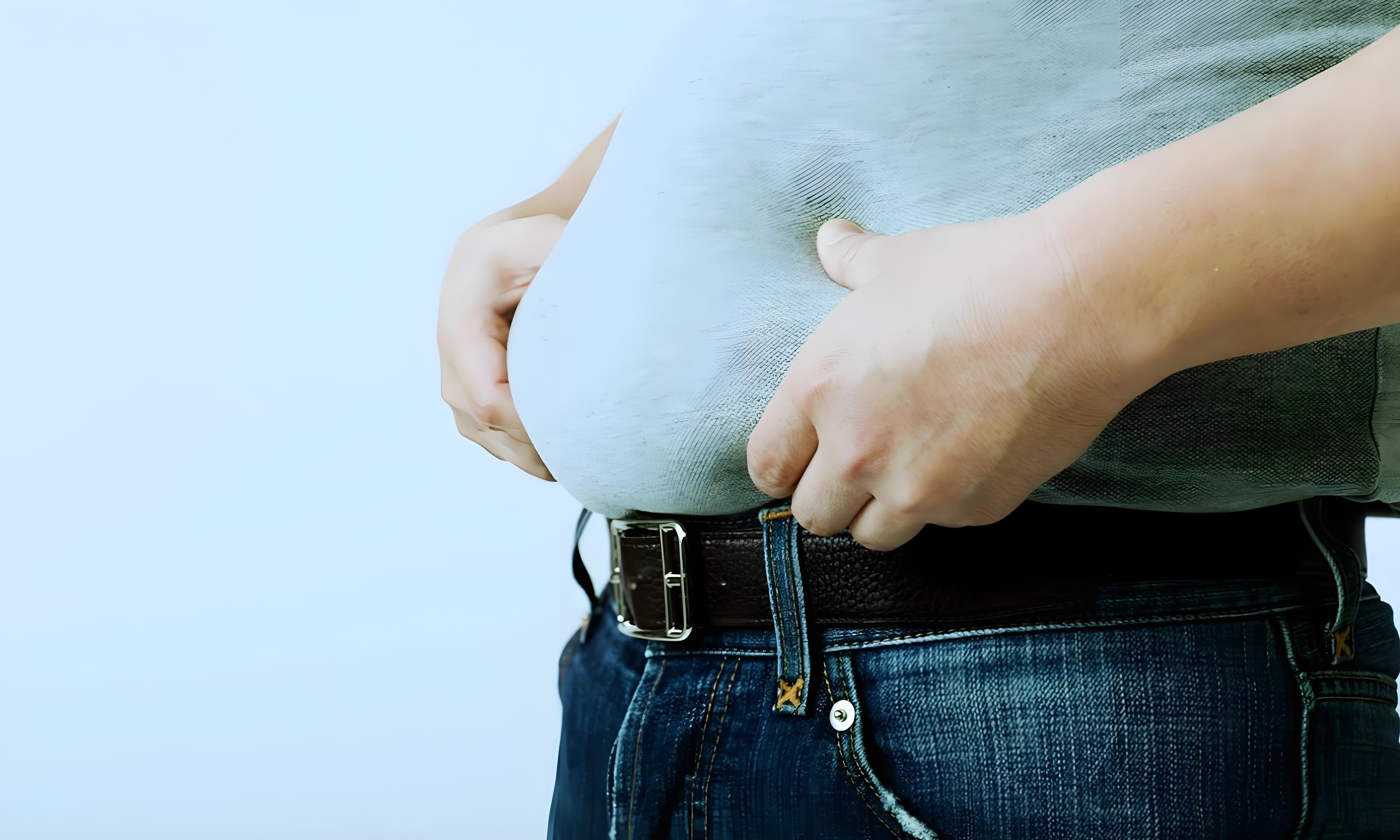



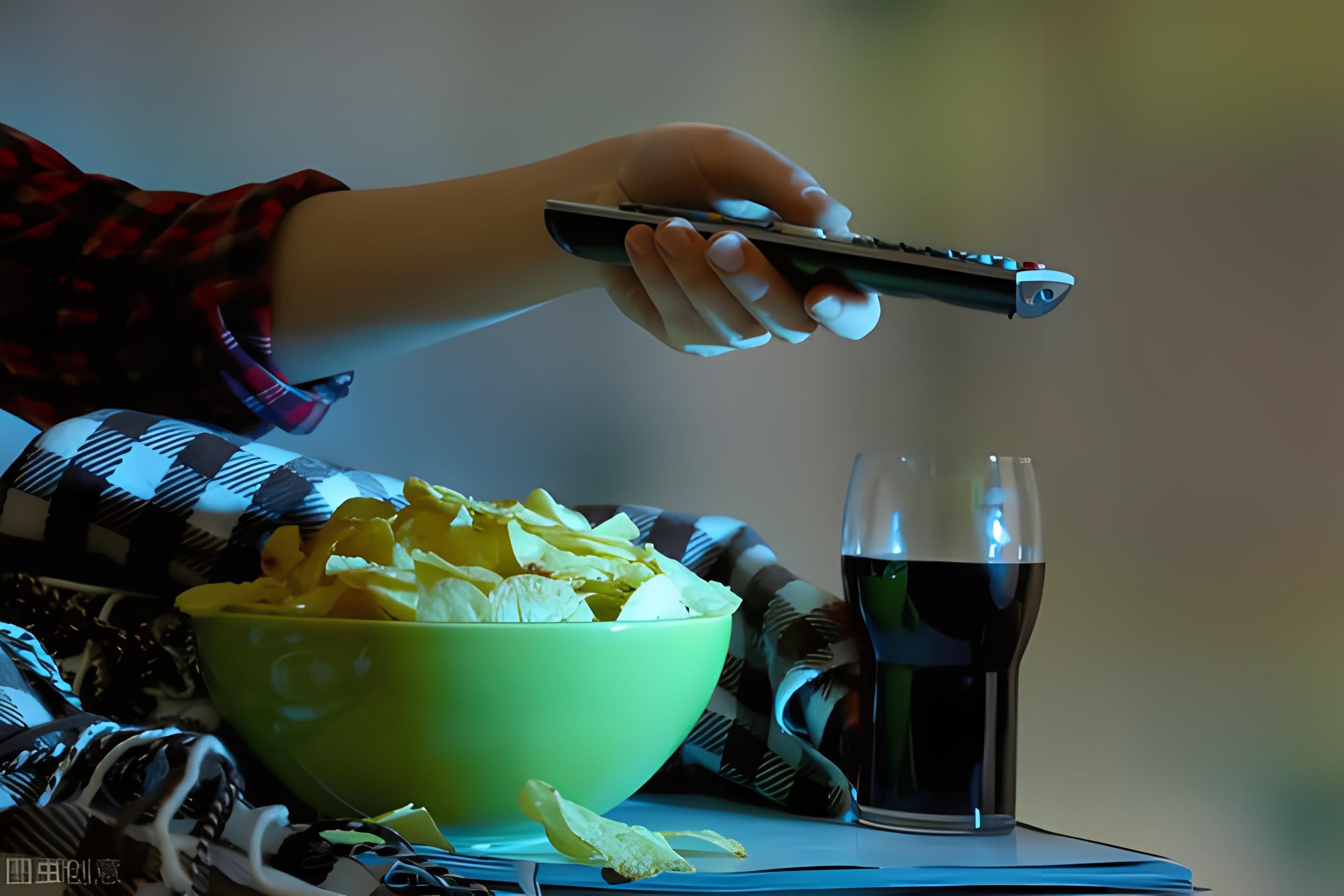

COMMENT